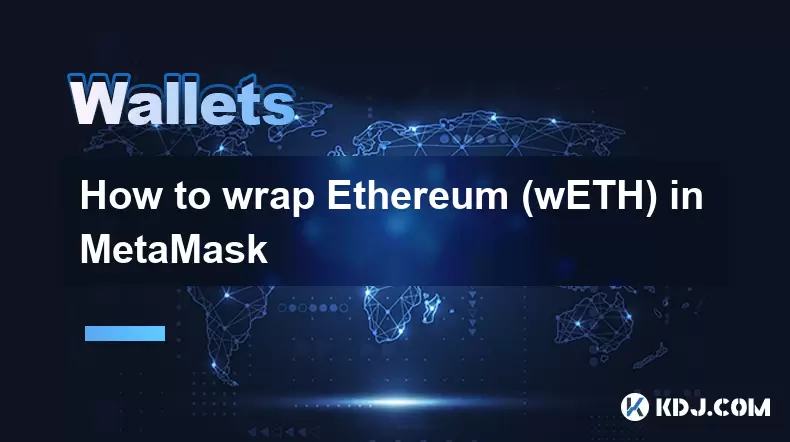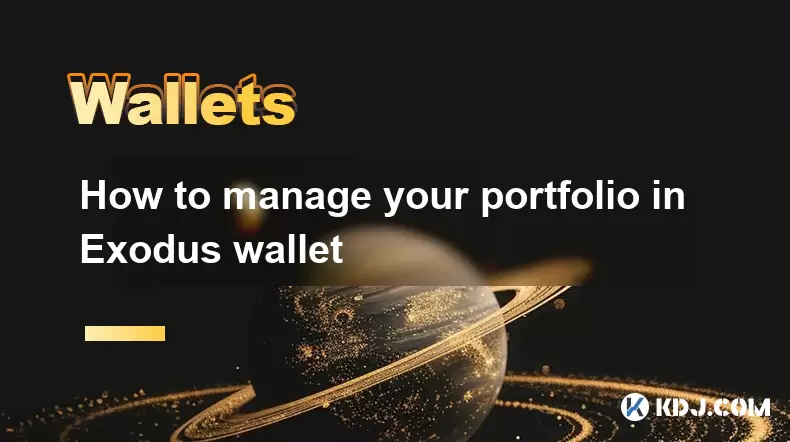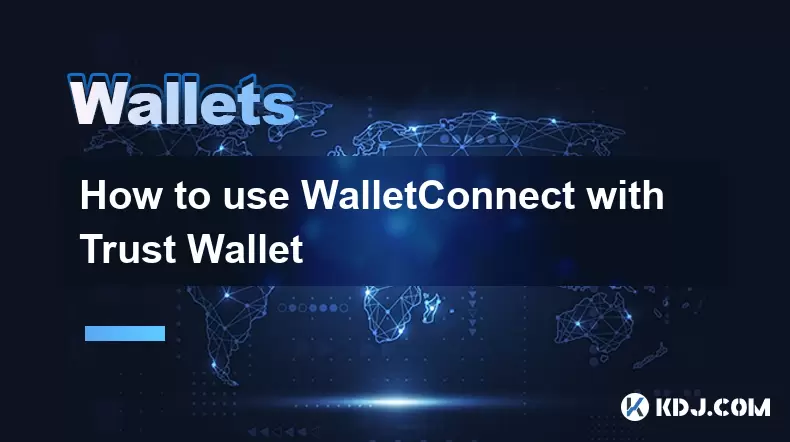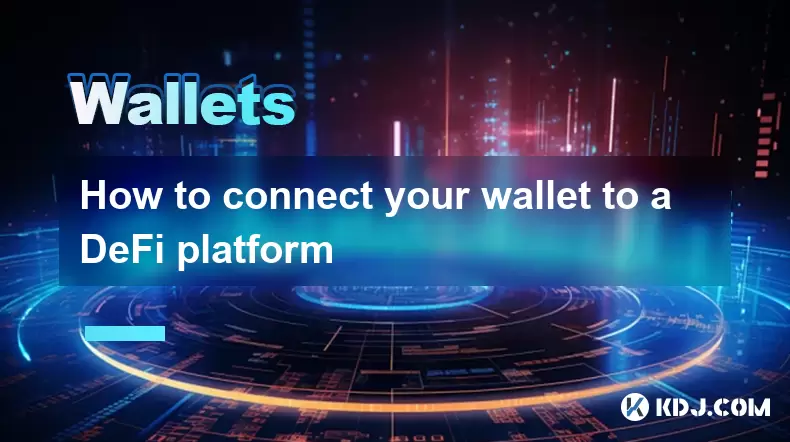-
 Bitcoin
Bitcoin $118300
0.52% -
 Ethereum
Ethereum $4541
1.94% -
 XRP
XRP $3.126
-0.88% -
 Tether USDt
Tether USDt $1.000
-0.04% -
 BNB
BNB $862.3
3.21% -
 Solana
Solana $192.7
2.37% -
 USDC
USDC $0.9999
0.00% -
 Dogecoin
Dogecoin $0.2337
-0.45% -
 Cardano
Cardano $0.9547
0.21% -
 TRON
TRON $0.3518
-0.76% -
 Chainlink
Chainlink $24.56
12.38% -
 Hyperliquid
Hyperliquid $47.56
0.55% -
 Stellar
Stellar $0.4311
-0.42% -
 Sui
Sui $3.816
1.91% -
 Bitcoin Cash
Bitcoin Cash $589.6
-0.53% -
 Ethena USDe
Ethena USDe $1.001
0.00% -
 Hedera
Hedera $0.2556
1.43% -
 Avalanche
Avalanche $24.75
3.13% -
 Litecoin
Litecoin $122.0
2.66% -
 Toncoin
Toncoin $3.488
-0.17% -
 UNUS SED LEO
UNUS SED LEO $9.454
-1.21% -
 Shiba Inu
Shiba Inu $0.00001317
0.95% -
 Uniswap
Uniswap $11.17
1.80% -
 Polkadot
Polkadot $4.053
2.26% -
 Dai
Dai $0.9999
-0.02% -
 Bitget Token
Bitget Token $4.698
1.81% -
 Cronos
Cronos $0.1530
1.57% -
 Monero
Monero $265.8
10.83% -
 Ethena
Ethena $0.7333
1.63% -
 Pepe
Pepe $0.00001122
2.74%
How to ensure privacy when generating an Ethereum wallet address?
Ethereum wallet addresses, though pseudonymous, offer limited privacy; transaction history is public. Employing strong passphrases, secure wallets (hardware preferred), transaction mixers (carefully chosen), and multiple addresses enhances, but doesn't guarantee, anonymity.
Mar 19, 2025 at 05:56 pm

Key Points:
- Ethereum wallet addresses, while pseudonymous, aren't truly private. Transaction history is publicly viewable on the blockchain.
- Several methods exist to enhance privacy when generating and using Ethereum addresses, each with trade-offs.
- Utilizing privacy-enhancing technologies and careful practices significantly improves anonymity but doesn't guarantee absolute privacy.
How to Ensure Privacy When Generating an Ethereum Wallet Address?
Generating an Ethereum wallet address inherently involves a trade-off between convenience and privacy. While the address itself doesn't directly reveal your identity, the transactions associated with it are publicly recorded on the blockchain. This means anyone can see how much ETH you have sent or received, and to whom. Therefore, ensuring true privacy requires proactive measures beyond simply generating a new address.
The most basic step towards enhanced privacy is using a strong, randomly generated passphrase for your wallet. Avoid easily guessable information like birthdays or common words. The security of your private key, which allows access to your funds, is paramount. Compromising your private key exposes all associated addresses and funds. Use reputable wallet software and keep your private keys secure offline, preferably in a hardware wallet.
Choosing the right type of wallet significantly impacts your privacy. Software wallets, while convenient, are more vulnerable to hacking if not properly secured. Hardware wallets offer a higher level of security by storing your private keys offline, reducing the risk of exposure. Consider the security and privacy features offered by various wallet providers before making a choice. Remember that no wallet is completely unhackable.
Even with a secure wallet, your transaction history is visible on the blockchain. To mitigate this, you can employ techniques like using a mixer or tumbler. These services mix your ETH with others, making it difficult to trace the origin and destination of funds. However, it's crucial to choose reputable mixers, as some may be scams or even used for illicit activities. Always research thoroughly before using such a service.
Another method to enhance privacy is using a different address for each transaction. This prevents linking multiple transactions to a single entity. Most wallets allow you to generate multiple addresses from a single seed phrase, making this a relatively straightforward process. Each address remains linked to your main wallet, but the individual transaction history is less revealing.
The use of privacy coins alongside Ethereum can offer a layer of enhanced privacy. While not directly impacting the generation of your Ethereum address, transacting through privacy coins before or after interacting with Ethereum can obscure the connection between your identity and your Ethereum activity. This involves converting your funds to and from a privacy coin like Zcash or Monero. This adds complexity but enhances overall anonymity.
Layer-2 solutions, such as those using zk-SNARKs or other zero-knowledge proof technologies, are emerging as promising ways to increase Ethereum transaction privacy. These technologies allow for the verification of transactions without revealing the underlying data, enhancing the privacy of your transactions on the Ethereum network. However, these solutions are still relatively new and their adoption is ongoing.
Furthermore, maintaining operational security is vital. Avoid using public Wi-Fi for accessing your wallet. Be cautious of phishing scams that may try to steal your private keys. Regularly update your wallet software to benefit from the latest security patches. These seemingly small details contribute significantly to your overall privacy.
Remember, even with these measures, absolute anonymity is difficult to achieve on a public blockchain like Ethereum. The blockchain is transparent by design. The best approach is to employ a layered strategy combining multiple techniques to maximize your privacy while acknowledging the inherent limitations.
Frequently Asked Questions:
Q: Is it possible to completely anonymize my Ethereum transactions?
A: No, complete anonymity on a public blockchain like Ethereum is practically impossible. While techniques exist to enhance privacy, the blockchain's inherent transparency makes complete anonymity challenging.
Q: Are all Ethereum wallet generators equally private?
A: No. The security and privacy features of different wallet generators vary. Choose reputable, open-source wallets with a strong track record and a community of users to verify their safety.
Q: What are the risks associated with using a cryptocurrency mixer?
A: Risks include choosing a fraudulent mixer, which could steal your funds, or using a mixer that may be linked to illicit activities, potentially attracting unwanted attention from law enforcement.
Q: Can I use a VPN to improve my Ethereum wallet privacy?
A: A VPN can mask your IP address, adding a layer of privacy, but it doesn't protect your private keys or prevent the tracking of transactions on the blockchain. It's a supplementary security measure, not a primary solution.
Q: How often should I generate new Ethereum addresses?
A: There's no single answer. Generating a new address for each transaction offers the strongest privacy, but it's also less convenient. Find a balance that suits your risk tolerance and usability needs.
Disclaimer:info@kdj.com
The information provided is not trading advice. kdj.com does not assume any responsibility for any investments made based on the information provided in this article. Cryptocurrencies are highly volatile and it is highly recommended that you invest with caution after thorough research!
If you believe that the content used on this website infringes your copyright, please contact us immediately (info@kdj.com) and we will delete it promptly.
- Kazakhstan's Crypto Leap: Bitcoin ETF and Central Asia's Digital Finance Future
- 2025-08-13 12:45:19
- BlockDAG Presale Blazes Past $371M: Fundraising Frenzy Fuels Crypto Sensation
- 2025-08-13 13:05:21
- Meme Coins: Chasing the 2025 Surge – Which Will Moonshot?
- 2025-08-13 10:25:23
- Bitcoin's Wild Ride: Rally, Pullback, and What's Next
- 2025-08-13 10:25:23
- Bitcoin, Bitmax, and Institutional Demand: A New Era of Crypto Investment
- 2025-08-13 10:45:12
- Solana, ROAM, and Airdrops: What's the Buzz in 2025?
- 2025-08-13 11:35:13
Related knowledge

How to wrap Ethereum (wETH) in MetaMask
Aug 13,2025 at 11:36am
Understanding Wrapped Ethereum (wETH)Wrapped Ethereum (wETH) is a tokenized version of native Ethereum (ETH) that conforms to the ERC-20 standard, ena...

How to manage your portfolio in Exodus wallet
Aug 08,2025 at 10:07pm
Understanding the Exodus Wallet InterfaceThe Exodus wallet is a non-custodial cryptocurrency wallet that supports a wide range of digital assets. When...

How to manage your portfolio in Exodus wallet
Aug 13,2025 at 11:35am
Understanding the Exodus Wallet InterfaceThe Exodus wallet is a non-custodial cryptocurrency wallet that supports a wide range of digital assets. Upon...

How to reset your MetaMask password
Aug 08,2025 at 01:28pm
Understanding the MetaMask Password Reset ProcessMany users confuse the MetaMask password with the seed phrase or private key, but they serve differen...

How to use WalletConnect with Trust Wallet
Aug 13,2025 at 01:07am
What Is WalletConnect and Why It Matters for Trust Wallet UsersWalletConnect is an open-source protocol that enables secure communication between dece...

How to connect your wallet to a DeFi platform
Aug 13,2025 at 11:36am
Understanding Wallet Compatibility with DeFi PlatformsBefore connecting your wallet to any DeFi platform, it's essential to ensure your wallet is comp...

How to wrap Ethereum (wETH) in MetaMask
Aug 13,2025 at 11:36am
Understanding Wrapped Ethereum (wETH)Wrapped Ethereum (wETH) is a tokenized version of native Ethereum (ETH) that conforms to the ERC-20 standard, ena...

How to manage your portfolio in Exodus wallet
Aug 08,2025 at 10:07pm
Understanding the Exodus Wallet InterfaceThe Exodus wallet is a non-custodial cryptocurrency wallet that supports a wide range of digital assets. When...

How to manage your portfolio in Exodus wallet
Aug 13,2025 at 11:35am
Understanding the Exodus Wallet InterfaceThe Exodus wallet is a non-custodial cryptocurrency wallet that supports a wide range of digital assets. Upon...

How to reset your MetaMask password
Aug 08,2025 at 01:28pm
Understanding the MetaMask Password Reset ProcessMany users confuse the MetaMask password with the seed phrase or private key, but they serve differen...

How to use WalletConnect with Trust Wallet
Aug 13,2025 at 01:07am
What Is WalletConnect and Why It Matters for Trust Wallet UsersWalletConnect is an open-source protocol that enables secure communication between dece...

How to connect your wallet to a DeFi platform
Aug 13,2025 at 11:36am
Understanding Wallet Compatibility with DeFi PlatformsBefore connecting your wallet to any DeFi platform, it's essential to ensure your wallet is comp...
See all articles

























































































